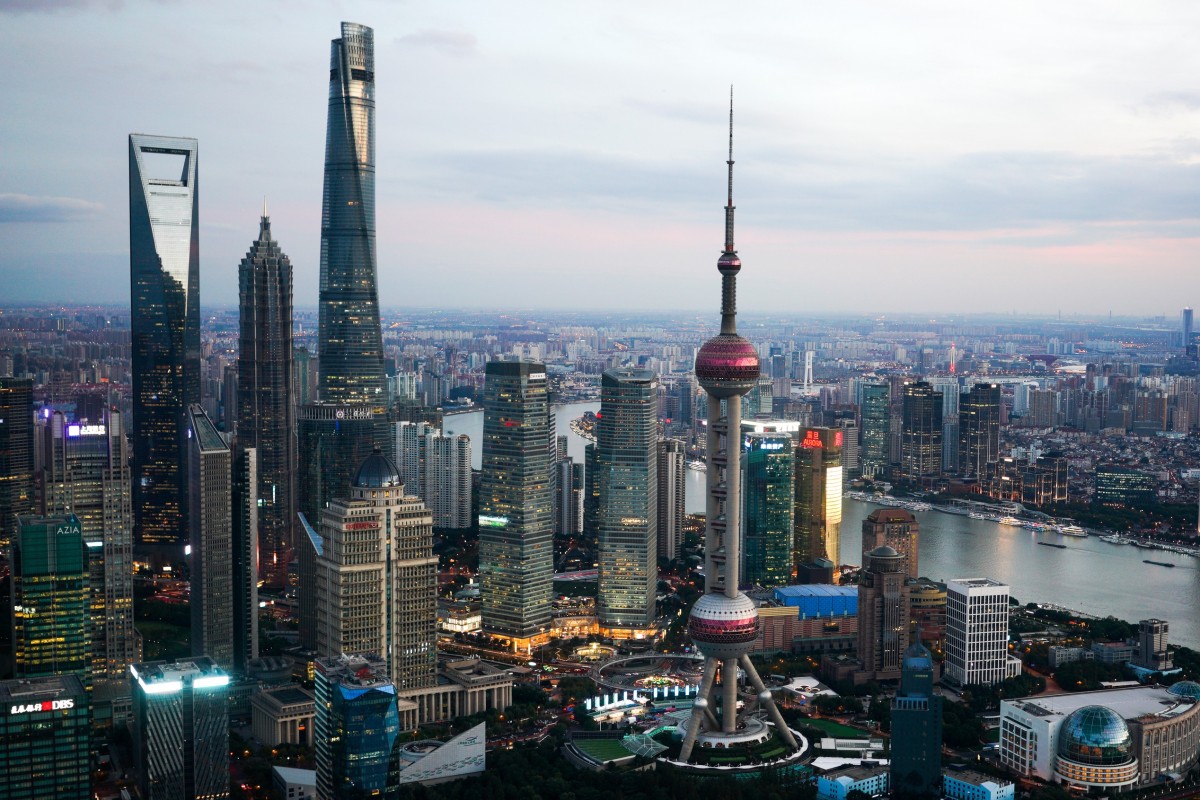China’s economy has just grown at its weakest quarterly pace
since the early 1990s, while trade negotiations with Washington are plainly failing to make any meaningful headway.
since the early 1990s, while trade negotiations with Washington are plainly failing to make any meaningful headway.
Yet, in the commercial real estate market, the world’s second-largest economy is performing remarkably well.
In the first quarter of this year, transaction volumes in China surged to a quarterly all-time high of US$17 billion, fuelling a 14 per cent rise in investment activity in the Asia-Pacific region as a whole amid a decline in sales in Europe and the Americas, according to data from Jones Lang LaSalle, a property adviser.
Shanghai was the stand-out performer. Not only did the city account for 37 per cent of commercial property deals in mainland China, it moved up the league table to become the world’s second most actively traded commercial real estate market after Tokyo and the second-biggest recipient of cross-border investment after London, data from JLL reveals.
What is more, China’s commercial and financial capital is attracting an increasing amount of investment at a time when sentiment in global real estate markets has cooled due to a combination of mounting economic and geopolitical uncertainty and increasing concerns about overpriced assets in a late-cycle environment.
Indeed, preliminary data for the second quarter of this year published by CBRE, another property adviser, last week showed that transaction volumes in China’s commercial property market fell 36 per cent year-on-year. However, investment in offices – the most actively traded assets globally due to their higher liquidity and easier management, attributes that become more important to investors in the late stages of a real estate cycle – still rose 6 per cent year-on-year in the first half of 2019.
More tellingly, Shanghai and Beijing saw their share of commercial property transactions in China increase to 71 per cent in the first half of this year (up from 51 per cent in the corresponding period in 2018) as investors favoured cities they are most familiar with, and which have well-established investment markets.
Shanghai, the leading destination for property investment in China last year, is a prime beneficiary of investors’ more risk-averse stance.
The city’s office sector, which boasts well-established and vibrant decentralised districts akin to those in Hong Kong, is particularly well-placed to profit from key trends in the occupational market stemming from the slowdown in China’s economy.
Two crucial factors explain why Shanghai’s office market is likely to continue to prove resilient.
First, China’s financial centre is attracting the bulk of cross-border investment, whose share of overall transaction volumes has grown significantly since domestic developers and investors were forced to retrench and accelerate the disposal of some of their assets due to the government’s deleveraging campaign
.
.

No comments:
Post a Comment